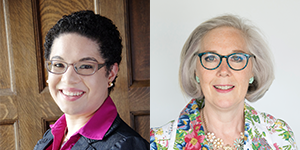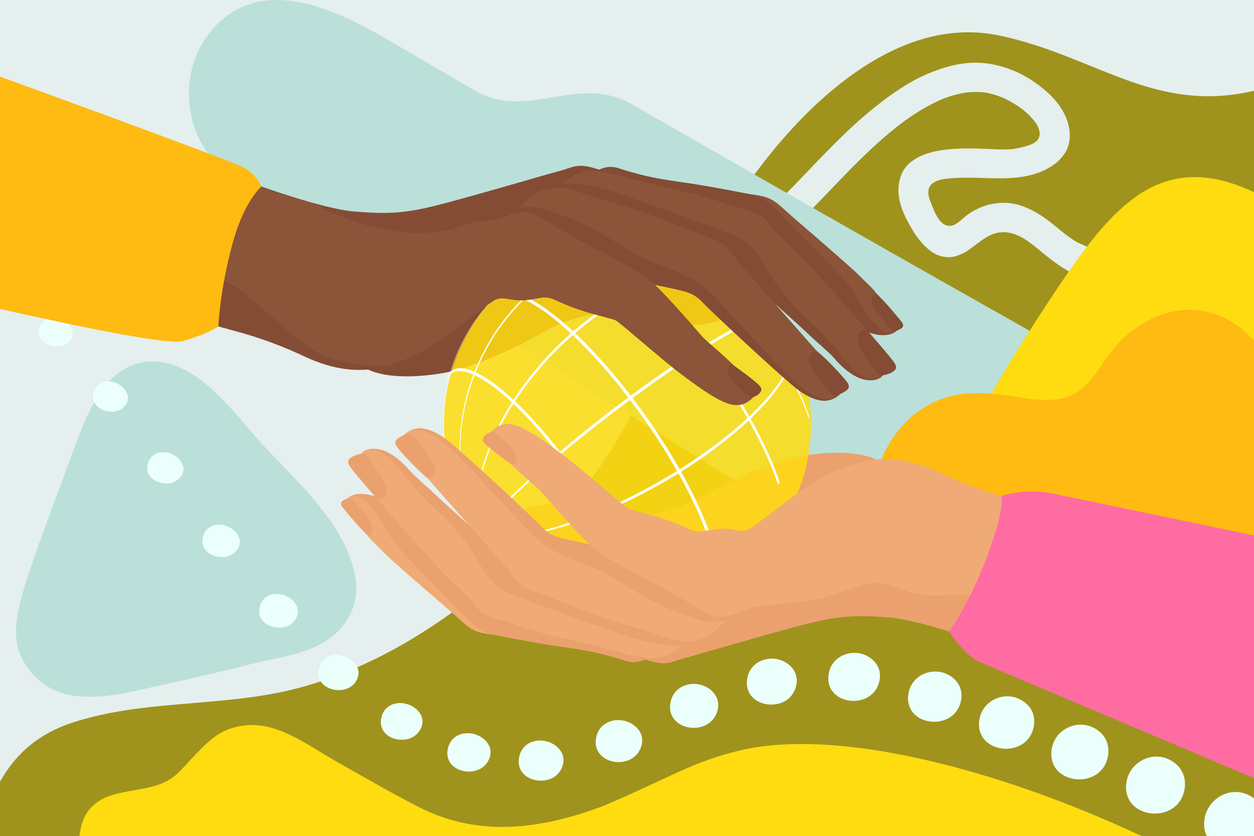
Client Side: I’ve become the career strategist I wish I had when launching my career
January 19, 2021
Working with Muslim clients: Adopting multicultural and social justice counselling competencies
January 19, 2021Applying a social justice lens to career development work enables practitioners to assist clients while challenging the status quo as allies and advocates
Natasha Caverley and Kathy Offet-Gartner

Notable terms for your career development toolkit
- Cultural awareness. Knowing our own preferences and biases, and acknowledging the commonalities and distinctions between cultures, involves a level of knowledge of the principles, values and cultural considerations that are important to BIPOC clients.
- Cultural agility. Behaving in ways that put our skills in cultural awareness and safety into action; acting in ways that are curious, open-minded, flexible and appreciative of all cultures.
- Cultural competencies. Attitudes, behaviours and skills that enable us (as helpers) to work ethically and effectively in cross-cultural settings.
- Cultural humility. The recognition and value of BIPOC ways of knowing, and the role of BIPOC healers and elders – we are all learners, we are all teachers.
- Cultural safety. Cultural safety is a mindset or a way of being that is created by trusting, respectful people and communities. It involves a transformation of relationships where the needs and voices of BIPOC individuals across the lifespan take a predominant role through the analysis of power imbalances, institutional discrimination and colonial relationships as they apply to social policy and practice. Cultural safety involves actively exploring and challenging complex power relationships including the ways that implicit bias, stereotyping, discrimination and racism show up in our shared context.
- Critical reflexivity. Constantly evaluating ways in which we contribute to empowerment and oppression.
Allyship and career development
Canada’s vast diversity requires a career development framework that is grounded in social justice, where practitioners are working with and alongside diverse client populations. Career development is life development and involves deconstructing and reconstructing career/life choices within individual life contexts. Employing a social justice career/life development lens includes using strengths-based, community-focused, socially cognizant and purposeful interventions.
Read Part I of this article: Allyship in career development: An honour, privilege and responsibility
Using a social justice career/life development lens assists clients while also challenging the status quo, which requires practitioners to be allies, advocates and change-makers. Practitioners need to know themselves, the population they are working with, and the requirements and challenges related to the career choices the client has before them. This approach is strengths-based, intentional and considers ability, agency, capacity and community. A strengths-based approach does not mean: fabricating strengths; being insincere; and/or avoiding discussions about needs, gaps and concerns (e.g. work-life conflicts, practicality, challenges).
As career development practitioners, we have the opportunity to engage in social justice and social change in our roles as helpers. We can promote equity and human rights for marginalized individuals and groups through action, education, consciousness-raising and advocacy. This requires educating oneself and expanding one’s knowledge base to ensure the needs of BIPOC individuals can best be served. To do this, we need to be cognizant of the following:
- Recognize the effects of historical trauma on BIPOC populations and those who face oppression and discrimination: Listen, their experiences are real.
- Recognize and deconstruct the role that discrimination and oppression have in the career trajectories of BIPOC individuals; work to ameliorate these. Ask yourself: what can be done now? What and/or who do I need to assist in this? and then: Do it!
- Understand processes and protocols for working with participating BIPOC individuals and communities.
- Engage communities – building the relationship as co-collaborators allows trust to grow. Honour and value cultural knowledge, resilience and ways of being. Cultural awareness can only come through relationships and trust.
- Create networks of BIPOC role models and mentors – as BIPOC individuals often do not see themselves represented in the occupations they wish to pursue, facilitating these learning opportunities is vital for effective career-life development.
- Communities “set the pace” and define (or redefine) views on career development, work, work-life balance, mental wellness, identity/identities and resiliency. Note: This includes recognition that the “state of readiness” to work on said issues will differ within and between individuals and communities.
Notable allyship resources
Continuous learning and action sustain allyship across the lifespan. The following resources offer a starting point for your toolkit. Note: Although some of these resources were developed for a specific population, the learning opportunities regarding allyship are valuable and often transferrable:
- Ally bill of responsibilities (Lynn Gehl)
- Multiracial oath of social responsibility (APA)
- Podcast: Three Calgary women on how to be a great ally to Indigenous community (Calgary Journal)
- Racism, the public health crisis we can no longer ignore (The Lancet)
- Resources for marginalized communities and allies (Crisis Services Canada)
- Speaking of psychology: The invisibility of white privilege
- Toward anti-racism in Canadian psychology: A call to action from the future of the field (PsyArXiv)
- Truth and Reconciliation calls to action for career development (Career Professionals of Canada)
- Two things genuine allies know (Lynn Gehl)
- Unsettling the settler within Indian residential schools, truth telling, and reconciliation in Canada (UBC Press)
- What it really means to be an ally (LifeSpeak)
- Want to be an ally to Black, Indigenous and people of colour? Here’s what you need to know (CBC)
- Ways to be an ally, from two lifetimes of learning (The Tyee)
- White privilege: Unpacking the invisible knapsack (Peggy Macintosh)
Concluding remarks
“Take a long, hard look down the road you will have to travel once you have made a commitment to work for change … Know that this transformation will not happen right away.” – John Lewis (2017)
Doing what is right is not easy. It requires transformative change, and for many people, there is resistance to change unless there is no other option or there is something to gain. However, without transformative change, things will remain the same and we simply cannot ignore that “ism’s” and oppression are deeply entrenched in everyday life. Change cannot occur without change-makers, and we cannot leave that all up to individuals and/or groups who are subjected by the systems that oppress them and seek to silence their voices and actions. Allyship is needed now more than ever; it is no longer an option, it is a responsibility.
Dr. Natasha Caverley is the President of Turtle Island Consulting Services Inc. She holds an MEd in Counselling Psychology and a PhD in Organizational Studies from the University of Victoria.
Dr. Kathy Offet-Gartner is a Registered Psychologist whose counselling research, teaching and practice focuses on strengths-based, culturally informed career-life development.

